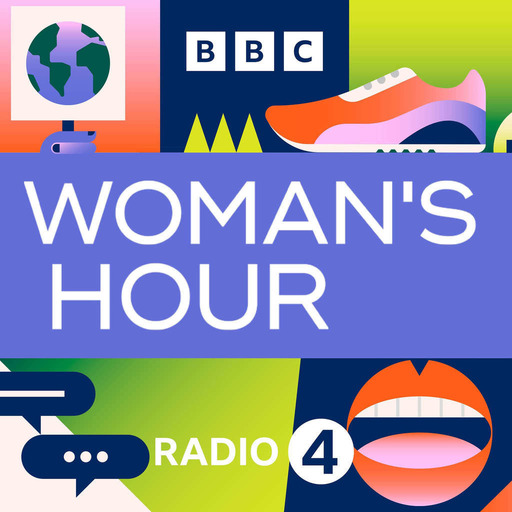This summer, the region of Manipur in India made headlines after two women were viciously attacked and assaulted by a mob of men. With a similar case happening this month in the south west of the country, Krupa Padhy is joined by Geeta Pandey, BBC Women and Social Affairs Editor in Delhi, and Professor of Modern Indian History at the University of Nottingham, Dr Uditi Sen, to find out why these incidents continue to happen and whether anything is being done at a higher level to stop them.
Just 14% of care leavers go to university, compared to 47% of young people who didn’t grow up in care, according to a report by the think tank Civitas. The figures have barely changed over the past 10 years and at the current rate of progress, it will take 107 years to close the gap. Two care-experienced young women who did manage to smash the so-called care ceiling share their experiences with Krupa; Rebecca Munro, who graduated with a masters in business and is now an Education Liaison Officer at the University of St Andrews and Lucy Barnes, a barrister.
A freebirth is defined as giving birth without a healthcare professional in attendance. It is also known as an unassisted birth. Anecdotally, more women are making this choice in the UK - but why? What sort of experiences are they having and is it a safe and responsible decision? Krupa speaks to Naomi Nygaarda, a psychotherapist and a mother who chose to freebirth both her children and Mavis Kirkham, a retired midwife and emeritus Professor of Midwifery at Sheffield Hallam University and co-editor of Freebirth Stories, a collection of stories from women choosing to give birth this way.
Would you swap your trousers for a pair of statement knickers? Julia Hobbs from Vogue tells Krupa about the new trouser-less trend that's been sweeping the catwalks and social media, and the reactions she got when testing it out on the London Underground.
Presenter: Krupa Padhy Producer: Rebecca Myatt Studio manager: Emma Harth


 Replay
Replay











